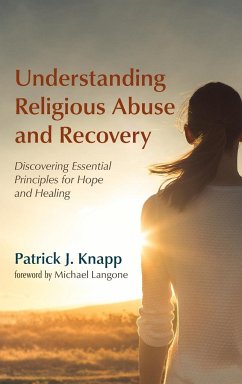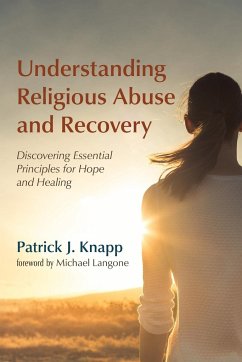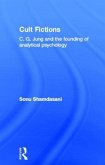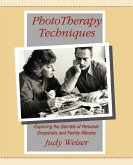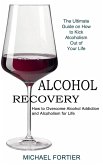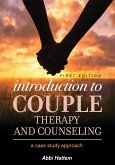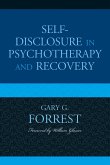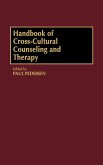Currently there are at least four major, identifiable perspectives on how people best understand and recover from religious abuse. Both secular and faith-based (Christian) adherents can be variously identified in each of these approaches. This book examines these viewpoints and evaluates their various strengths and limitations. It concludes that each perspective is helpful to the extent possible, given the limitations of its respective philosophic or theological assumptions. This book summarizes each viewpoint and suggests a larger contextual perspective, helpful to better understand involvement in and recovery from religiously abusive environments. The conclusion is an integration of the various conceptual frameworks, and a different model (SECURE) is described that includes essential principles and practical strategies necessary for recovery from religious abuse. Suggestions are made for future research and study both for academics with interest in the cultic studies and counseling fields, and for various people negatively affected by religious abuse and in need of recovery.

